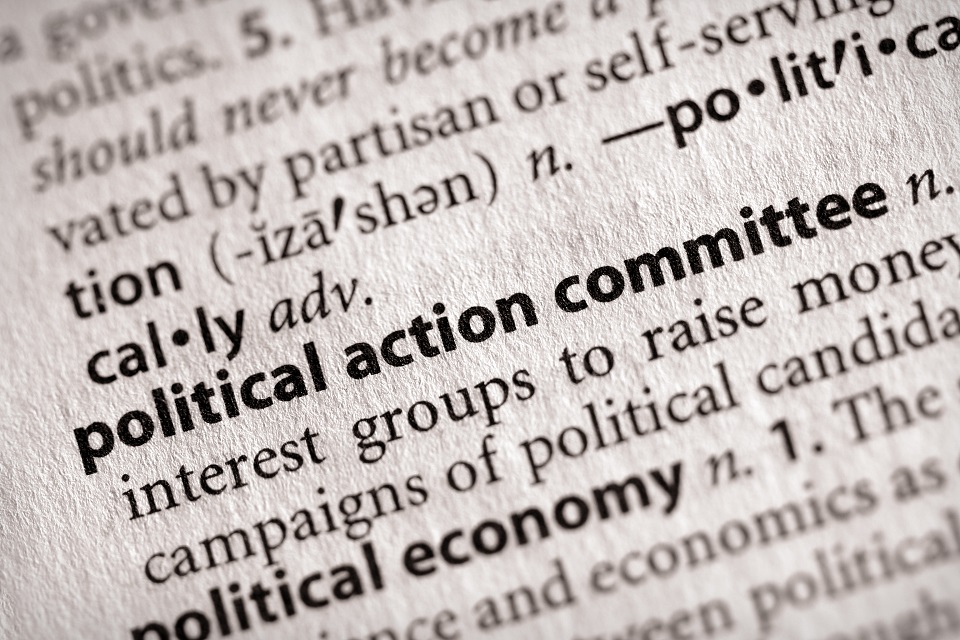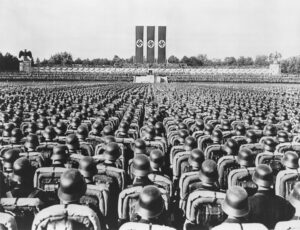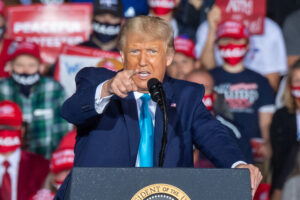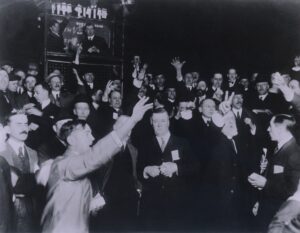
A Political Action Committee (PAC) is a popular term for a political committee whose purpose is to raise and spend money to elect governmental candidates. As a result, most PACs represent many varying interests depending on their industry and political affiliations. Given that PACs donate money for political campaigns, they have to respect several laws enforced by the Federal Elections Commissions (FEC) of the United States.
Learning the basics about PACs
Overall, every PAC has to respect the big three rules when investing money in election results. The first is that the PAC can only provide $5,000 to the candidate committee for each election. The second is to donate up to $15,000 per year to any national party committee.
And the third is that each calendar year, any PAC may receive up to $5,000 from any individual, PAC, or party committee. Lastly, a newly formed PAC must register with FEC within 10 days of its establishment and provide the name and address of its headquarters, its treasurer, and any related organizations.
After the establishment of the Conference of Industrial Organizations (CIO) in 1944, PACs have been employed by the American government to raise funds for elections.
Here you have the most influential PACs in U.S. politics.







